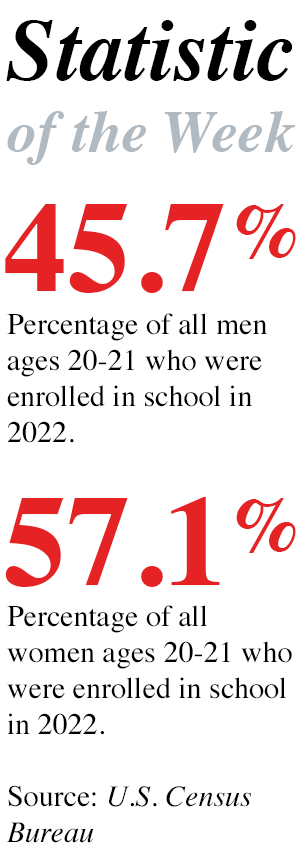Study Finds Colleges’ Sexual Assault Prevention Programs Are More Effective Those Used by Businesses
Posted on Jun 05, 2019 | Comments 0
 According to a new study from scholars at the University of Texas at Arlington and the University of New Hampshire, the extensive sexual assault and harassment prevention programs offered on college campuses are more effective than the training programs that most U.S. companies conduct.
According to a new study from scholars at the University of Texas at Arlington and the University of New Hampshire, the extensive sexual assault and harassment prevention programs offered on college campuses are more effective than the training programs that most U.S. companies conduct.
For their study, the research team evaluated more than 30 years’ worth of peer-reviewed research on sexual assault and harassment prevention programs. They focused on four key areas in creating behavioral change: individual differences, training design, evaluation, and organization climate.
The researchers found that in a college setting the programs that were more interactive were more effective. For example, along with the training, when individuals had the opportunity to practice the learned behavior both in and after training, trainees were more likely to have a shift in attitude and behavior. By contrast, many businesses tend to minimalize interventions — either by limiting them to a single meeting during employee initiation or online. Also, organizational data on training practices and outcomes is challenging to find, making it difficult to understand what is working well, or not, in workplace training.
“There are some valuable lessons to learn,” said Jennifer Griffith, an assistant professor of organizational behavior and management at the University of New Hampshire and a co-author of the study. “First, the more effective training used on college campuses is more immersive and takes place over several weeks or even months. Second, there is more commitment to measurement. Unless you follow up programs with detailed surveys or other instruments, you don’t know whether a change in attitude has stuck.”
To establish more successful programs, the researchers suggest that business leaders need to critically reflect on their values and what is rewarded in their workplace. They also need to develop a better understanding of when training works and when it does not. The researchers encourage more collaboration between academics and practitioners and hope their study can open pathways for conversation and partnership.
The full study, “#Ustoo: How I-O Psychologists Can Extend the Conversation on Sexual Harassment and Sexual Assault Through Workplace Training,” was published in the journal Industrial and Organizational Psychology. It may be accessed here. The lead author of the study is Kelsey Medeiros, a psychologist at the University of Texas at Arlington.
Filed Under: Research/Study








